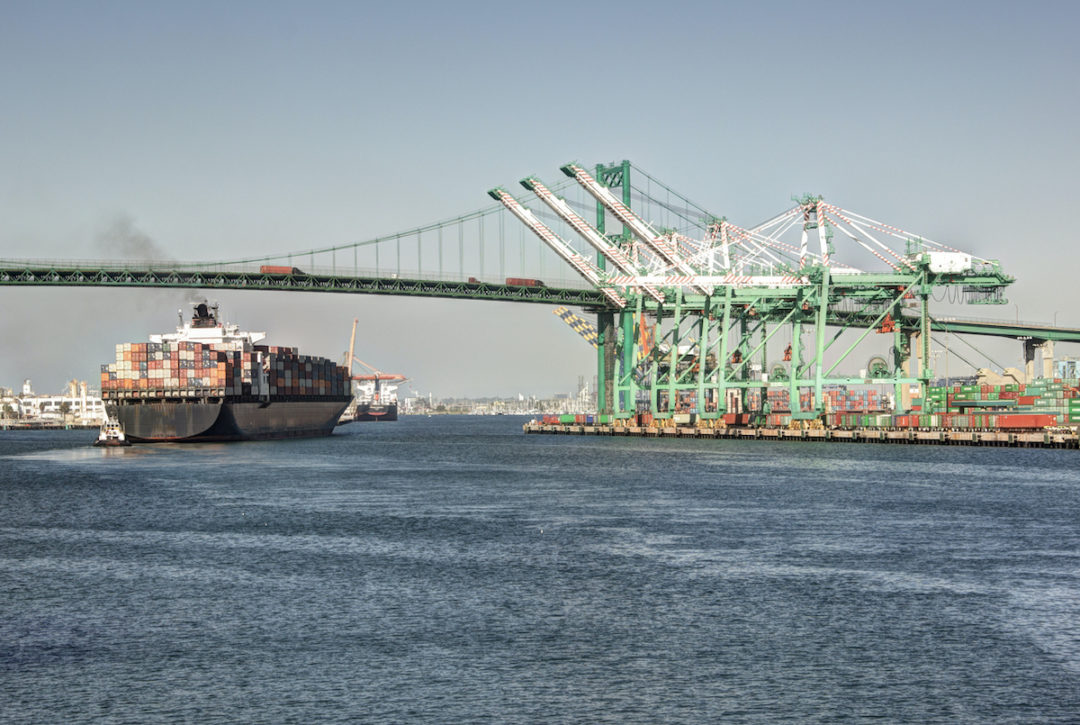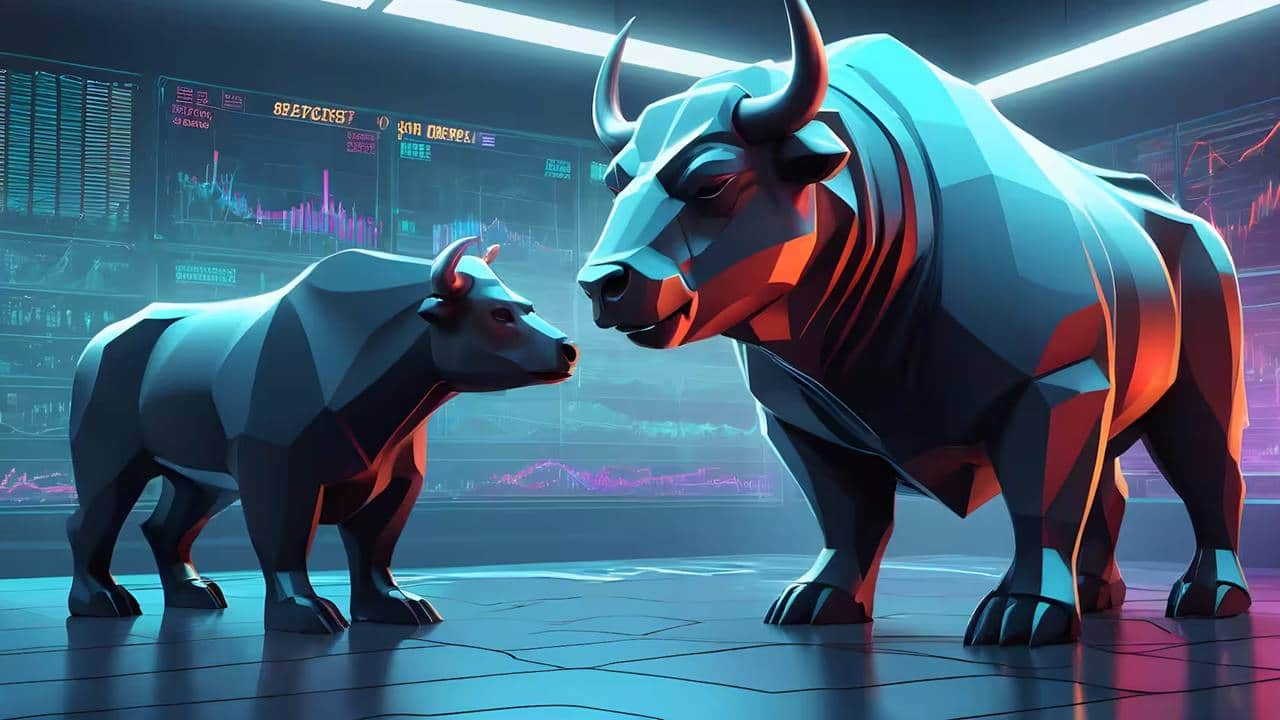NEW YORK: Fresh Press Farms grows all the olives, seeds and nuts it uses to make cooking oils on American farms. It presses them at its own mill in Georgia, then bottles the oil and distributes it to grocery stores across the country. In theory, it’s just the type of company that President Donald Trump’s America First agenda is designed to help.
The brand’s website touts how it’s “proudly made in the USA.” But the glass bottles it uses to package products are sourced from other countries, including China, which is facing tariffs as high as 145%. The aluminium for other containers, which are made in the United States, comes from Canada.

Chief executive officer (CEO) Frederic Lebourg is looking for alternative suppliers for the glass bottles, but said making a switch will take at least six months. In the meantime, he estimates that tariffs will add US$250,000 to his costs – enough to force him to put on hold a manufacturing project that would have created 25 jobs in the United States. “It’s easy to say that it’s going to bring more development in the United States, and it may in the long term,” Lebourg said in an interview, referring to the sweeping tariffs that Trump has announced on many of the biggest US trading partners.
“But short term it’s going to be incredibly painful and force people like us to give up an investment project.” While the White House and the world’s financial markets are focused on tariff negotiations with the scores of countries caught up in Trump’s trade war, small and large businesses alike across the United States are already feeling the pinch of the duties. Like Fresh Press Farms, some are putting hiring and expansion plans on hold while they come up with short-term plans to cope with the tariffs.
Others are figuring out how tariffs apply along their entire supply chain, with raw materials and finished goods subject to different rates. Then they have to decide whether those costs should be passed on to customers. All in all, it’s taking up a lot of working hours.
“It’s incredibly onerous,” said Bob King, the CEO of New York-based Humanscale, which designs ergonomic chairs, desks and lamps. “So many of our operations people now are focused on tariffs.” Working out the potential tariffs on an office chair, for example, can get complicated fast, said King.
With production facilities both in the United States and overseas, Humanscale must first account for the raw materials –mostly aluminium and steel – used to construct individual parts of the chair, breaking down the percentage of each one to calculate the duty. Its current systems weren’t designed to run those processes, he said, and ensuring compliance is laborious. Even after final assembly of the product, there could still be additional tariffs if it’s being shipped somewhere like Canada, stacking layers of duties on top of one another.
Humanscale had already been shifting its supply chain to cut its exposure to China, but some of that investment will still get caught up in the tariff dragnet. “You can’t just change supply chains like that,” King said. “It takes years.
” The White House has insisted that temporary disruptions as companies adjust to the tariffs will eventually give way to stronger growth, promising a Golden Age of American investment and manufacturing. “You need to see the entire picture and as President Trump said the other day – stay cool,” Treasury secretary Scott Bessent told Bloomberg Television yesterday. In the near term, the burden on businesses is stoking warnings that the United States may fall into a recession.
US factory activity contracted in March for the first time this year, a gauge of manufacturers’ prices accelerated sharply for a second month, and a survey of investor sentiment is at the most negative in three decades. Economists at Goldman Sachs Group Inc have cut growth forecasts, and CEO David Solomon said this week that chances of a recession have increased. The World Trade Organisation has slashed its outlook for merchandise trade: it now expects volume to decline by 0.
2% in 2025, almost three percentage points lower than it would have been without the trade war. The scale of the disruptions are playing out in real time, even for some of the biggest US companies: China has ordered its airlines not to take any further deliveries of Boeing Co jets; while Apple Inc dodged its biggest crisis since the pandemic after Trump exempted many popular consumer electronics from tariffs on goods from China. — Bloomberg.
Business

Trump’s tariffs are hurting the businesses he’s trying to help

NEW YORK: Fresh Press Farms grows all the olives, seeds and nuts it uses to make cooking oils on American farms. It presses them at its own mill in Georgia, then bottles the oil and distributes it to grocery stores across the country. Read full story















